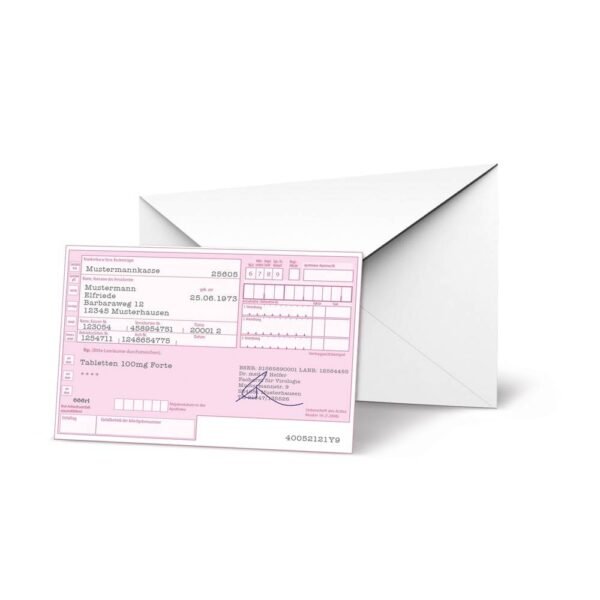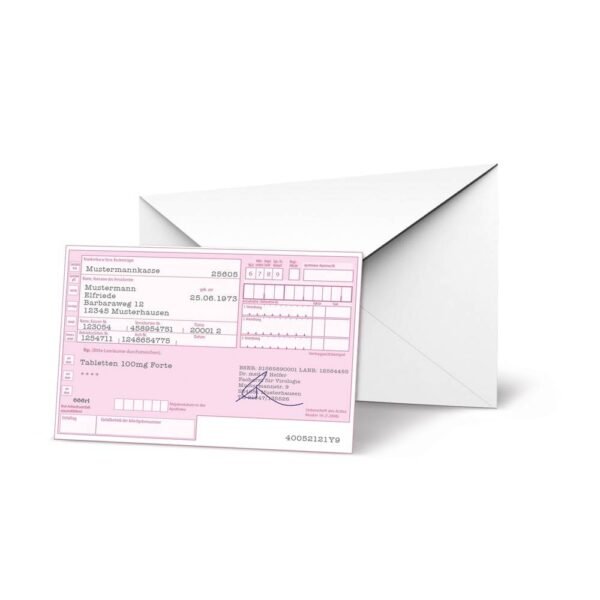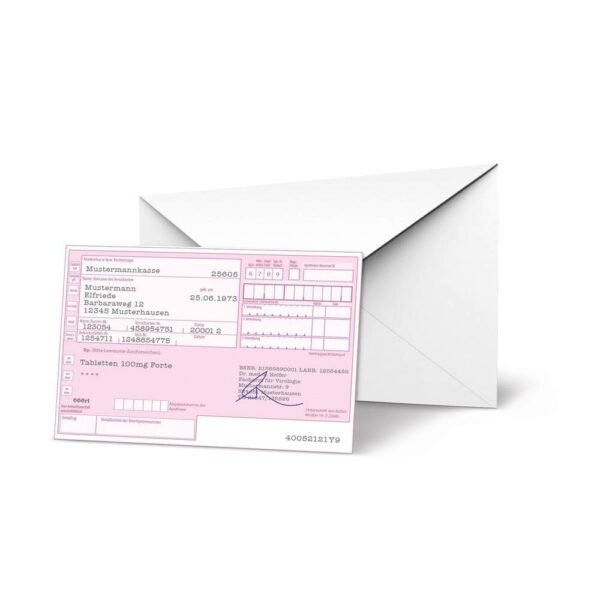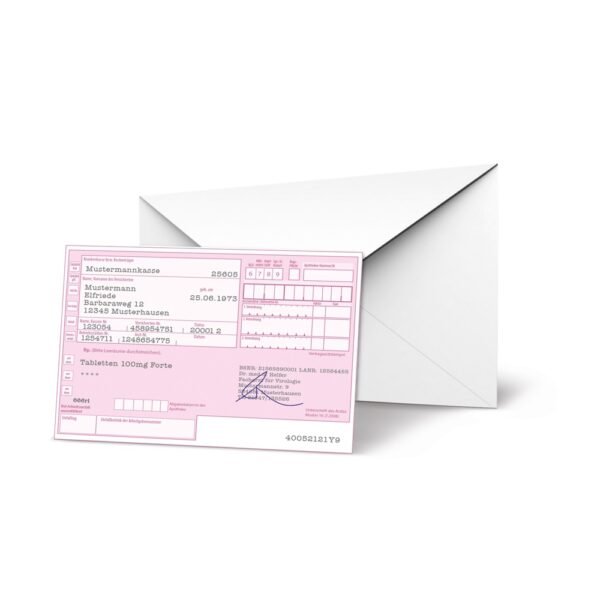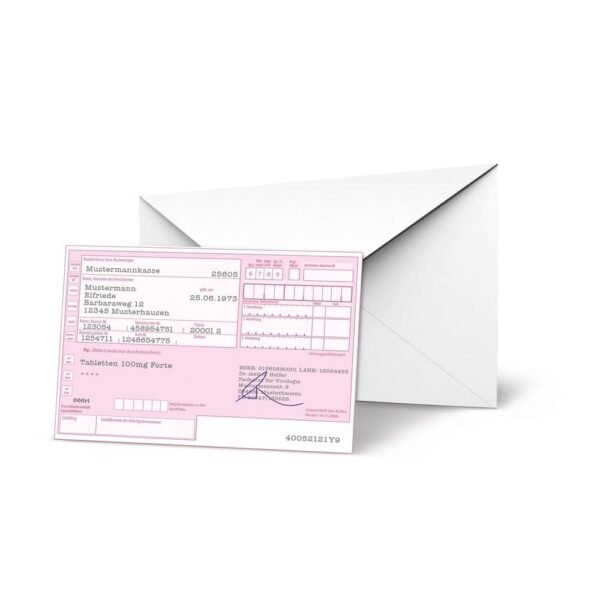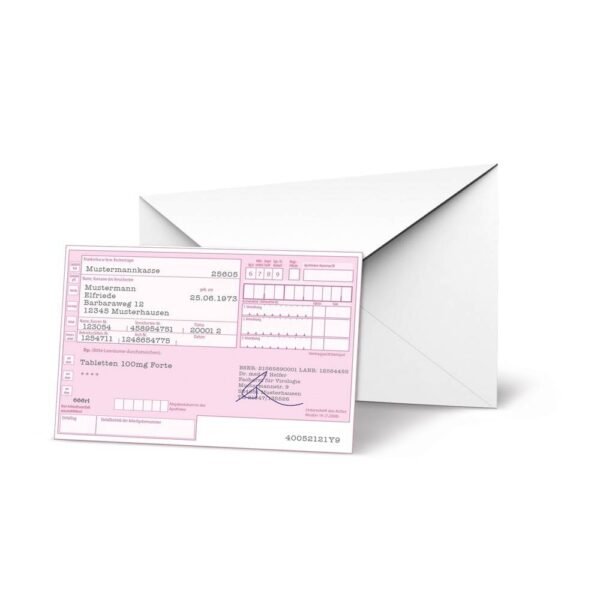Indications for Lisinopri
Kumanid is indicated for: Prevention and treatment of venous thrombosis and its spread, pulmonary embolism (PE). Prevention and treatment of thromboembolic complications associated with atrial fibrillation (AF) and / or prosthetic heart valves. Reduced risk of death, recurrent myocardial infarction (MI) and thromboembolic complications such as stroke or systemic embolization after myocardial infarction.
What does coumadin do to blood? Warfarin is a medicine known as an anticoagulant. Blood clotting slows down. Blood clotting is a complex process that involves substances called clotting factors. Clotting factors are produced by the liver and help stop bleeding.
Drug interactions can change how your medicine works or increase the risk of serious side effects. Make a list of all the foods you take (including prescription/over-the-counter medicines and herbal products) and share them with your doctor and pharmacist. Do not start, stop, or change the dosage of any medicine without your doctor’s permission.
Some products that may interact with this drug include: imatinib, marijuana (cannabis), dronabinol, mifepristone.
Mechanisms of action of coumadin
Warfarin is commonly used in routine practice for the treatment and prevention of thrombosis in a number of clinical settings. They work by counteracting the action of vitamin K, which leads to the formation of defective blood clotting proteins. Warfarin (Coumadin) works by interfering with how your body uses vitamin K.
Metabolism of warfarin (Coumadin), vitamin K, and vitamin K-dependent clotting factors occurs in the liver. Warfarin (Coumadin) prevents the formation of vitamin K-dependent clotting factors.
What does warfarin do in the body? Warfarin is a medication known as an anticoagulant or blood thinner. Facilitates the flow of blood through the veins. This means your blood is less likely to form a dangerous clot.
Blood thinners save lives because they can treat or prevent dangerous blood clots. However, they also have one possible and very serious side effect: bleeding. Because blood thinners slow blood clotting, these drugs can cause unwanted and sometimes dangerous bleeding.
Dosage
Take Coumadin exactly as directed by your doctor. Follow all directions on the prescription label. Your doctor may occasionally change the dose. Do not take more or less warfarin, or for longer than your doctor tells you to. Take this medicine at the same time every day, with or without food. Never take a double dose. Coumadin may relieve bleeding. Seek emergency care if you have bleeding that won’t stop.
If you miss a dose and remember on the same day, take it as soon as you remember. If you remember the next day, skip the missed dose. Take your next dose at the usual time. Do not double the dose to make up for lost time, as this may increase the risk of bleeding. Keep a record of missed doses to tell your doctor or pharmacist. If you miss 2 or more doses in a row, contact your doctor or pharmacist.
Side effects
Nausea, loss of appetite, or abdominal/stomach pain may occur. If any of these effects persist or worsen, tell your doctor or pharmacist immediately.
Remember that your doctor has prescribed this medicine because he or she has decided that the benefit to you is greater than the risk of side effects. Many people using this drug do not have serious side effects.
This drug can cause serious bleeding if it affects blood clotting proteins too much (as evidenced by abnormally high INR lab results). Even if your doctor stops your treatment, this risk of bleeding can persist for up to a week. Tell your doctor right away if you have any symptoms of serious bleeding, including: unusual pain/swelling/discomfort, unusual/light bruising, prolonged bleeding from cuts or gums, persistent/frequent nosebleeds, unusually heavy/long periods bleeding, pink/dark color. urine, coughing up blood, vomiting blood or coffee grounds, severe headache, dizziness/fainting, unusual or persistent tiredness/weakness, bloody/black/tarry stools, chest pain, shortness of breath, difficulty swallowing.
Contraindication
Before any treatment you plan to start, visit and consult with your doctor first. If you do not, you may experience unwanted health complications during treatment. Never increase or decrease your dose while taking medication. Only your doctor can change your dose. Do not take Coumadin if you are allergic to any of the ingredients of this medicine. Tell your doctor about any allergies or other health problems that may make it difficult for you to treat.
Coumadin is contraindicated in pregnant women, with the exception of pregnant women with mechanical heart valves who are at high risk of thromboembolism.
You should limit your alcohol intake while taking blood-thinning anticoagulants such as Coumadin (warfarin), as alcohol can potentially increase your risk of bleeding while taking this prescribed medication. If possible, warfarin treatment should be avoided during pregnancy.
Buy Coumadin
Price Coumadin
Цена Coumadin
Купить Coumadin
Acheter Coumadin
Prix Coumadin
Comprar Coumadin
Precio Coumadin



